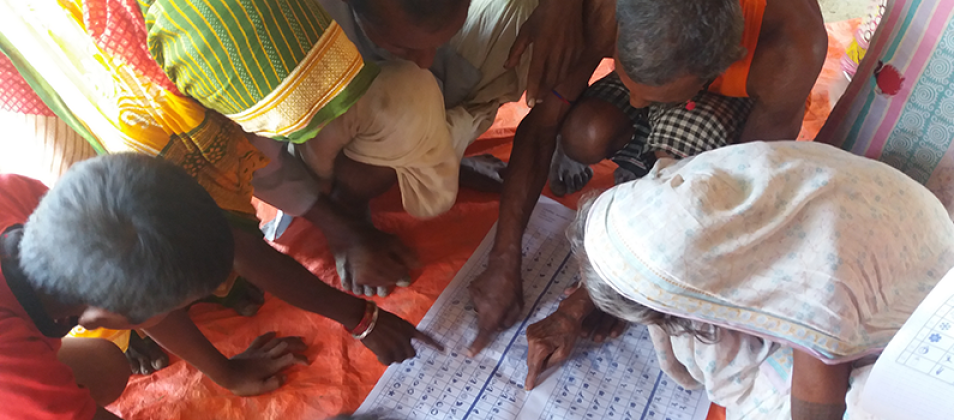
The Integrity of Elections in Asia: Policy Lessons Applied
In response to a recent study by Max Grömping entitled The Integrity of Elections in Asia: Policy Lessons from Expert Evaluations, the International Foundation for Electoral Systems (IFES) produced a briefing paper with some examples of policy lessons applied in practice across Asia. IFES has worked in Asia for the past three decades supporting election management bodies, civil society and other electoral stakeholders in their efforts to promote electoral integrity.
Three principal ways in which the integrity of elections in Asia could be strengthened, according to Grömping’s analysis, are to:
- Curb incumbent advantage enshrined in electoral laws regulating candidate registration and voting district boundaries;
- Introduce regulation of political finance in order to reduce the influence of money in elections; and
- Increase the transparency of the electoral process by encouraging nonpartisan domestic election monitoring and advocacy, as well as enhanced cooperation between civil society and election officials in the exchange of election information.
IFES’ experience validates Grömping’s recommendations, each category of recommendations carrying with it unique risks and challenges for electoral practitioners and stakeholders. IFES-supported initiatives to strengthen electoral integrity are presented in this briefing paper to demonstrate how these policy lessons are being applied in practice, bearing in mind that success is highly dependent on the overall political context of the country.
*Lemargie and Paasilinna are advisors to the Asia-Pacific regional team, providing technical advice on electoral assistance and civil society initiatives aimed at strengthening democratic governance.











